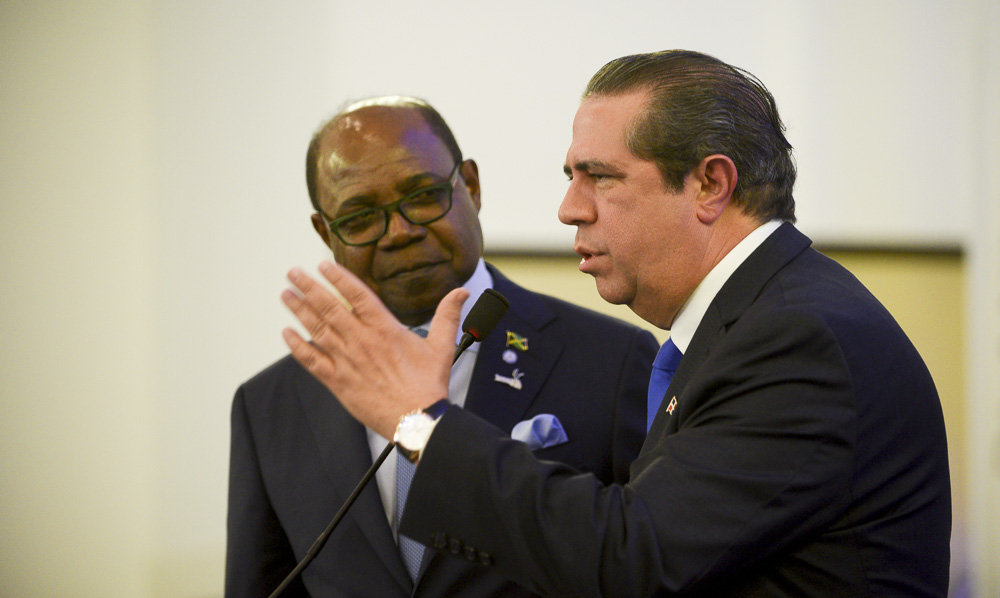This post may contain affiliate links. We may earn money or products from the highlighted keywords or companies or banners mentioned in this post.

The immediate impact of terrorism on tourism of a country is between 0.5% and 0.8%, according to the Moody’s rating agency. The economic effects may take up to five years to subside. Turkey, Egypt, Tunisia, Ivory Coast, Burkina Faso, Mali, Paris, and now Brussels … all of these destinations have been affected by terror attacks.
On March 20th Tunisia launched a campaign to fight religious extremism that has touched young people and the impact of terrorism. In 2015, the country welcomed only 5.3 million people. The number of European tourists plunged 53.6% compared to 2014, representing a 65.8% decline compared to 2010.
Last year, Tunisian tourism growth levelled at 0.8% in sharp comparison to 2014 (2.3%). For Coface, given the importance of tourism in the economy (7% of GDP and 15% of the employed population), the sector’s negative outlook makes a strong recovery in 2016 unlikely. This year, tourism may struggle to redress itself, but the land of Jasmine may enjoy a slight growth in Europe towards which 70% of their exports are sent.
The Egyptian central bank devalued the pound by 14.3% and promised to adopt a more flexible currency policy. This implies facing the challenges presented to the state with the lower flow of foreign currency that provides tourism, direct investment, and remittances made by Egyptians living abroad.
Tourism however is in crisis. With $ 6.1 billion in 2015, revenues from this key sector fell 15% from the previous year. In 2015, nearly 10 million foreign tourists visited Egypt. According to Coface, Cairo will face multiple shocks. The price of Brent continues to penalize the oil sector, which represents 13% of Egyptian exports. Tourism recovery, which grew in 2015, would be compromised. However, the recovery of public investment through the expansion of the Suez Canal helped offset the deceleration in the private sector.
A financial assistance plan ($ 86.5 million) for Turkey’s key tourism sector was announced in late February. The sector, which accounts for 4% of the Turkish GDP, was hard hit by the deteriorating state of security and the dramatic decline of Russian visitors. The impact of terrorism on tourism is quite visible in the country.
The Kurdish conflict resumed in the southeast of Turkey, and several attacks have hit Turkish soil. Tourism is a key sector of the economy and brought the country close to $ 31.5 billion in 2015. According to Coface, foreign trade should contribute positively to growth, due to slightly less dynamic imports, competitiveness gains enabled by the past depreciation of the Turkish lira and the moderate recovery in Europe.
However, the ban on certain products announced by Russia in November and measures limiting tourism (Russians make up 10% of arrivals) will negatively affect the economy by approximately 0.7% of GDP.










